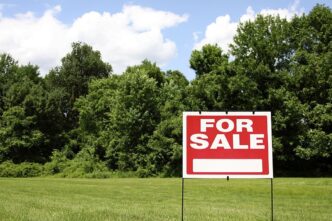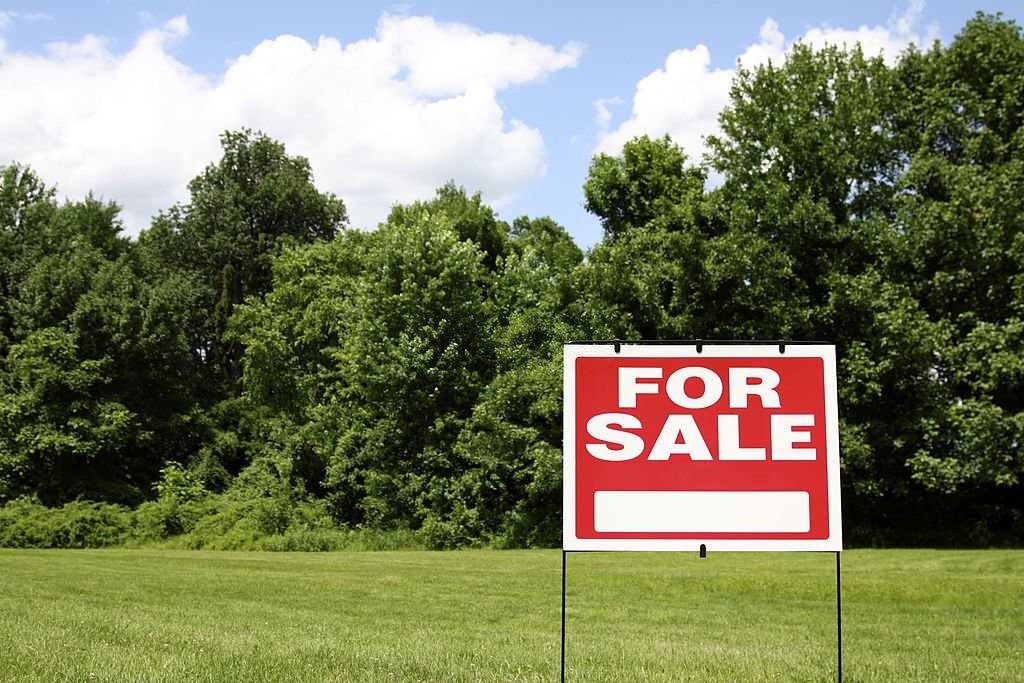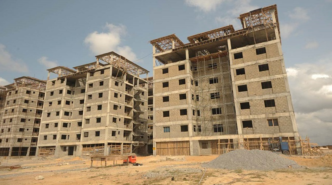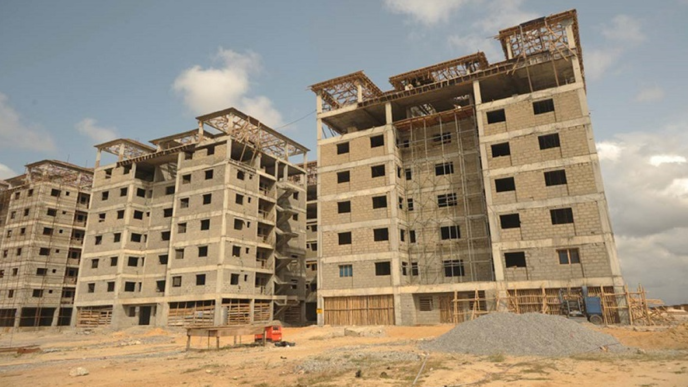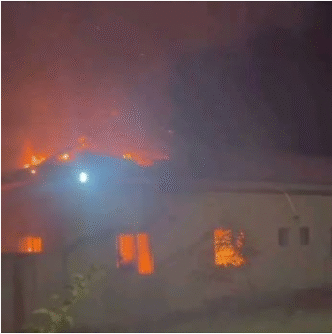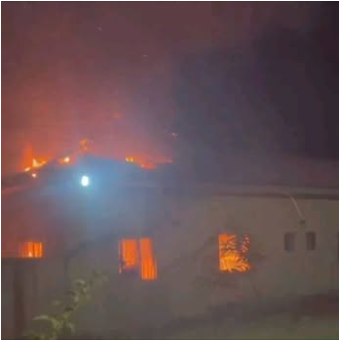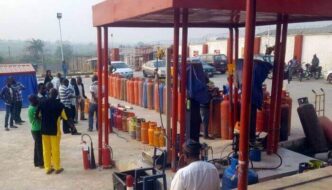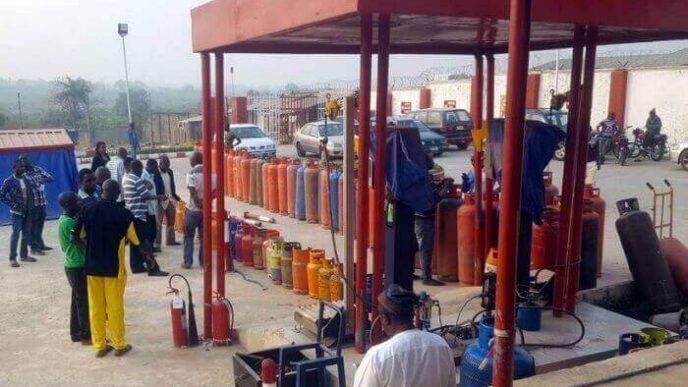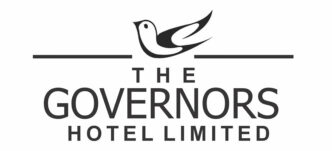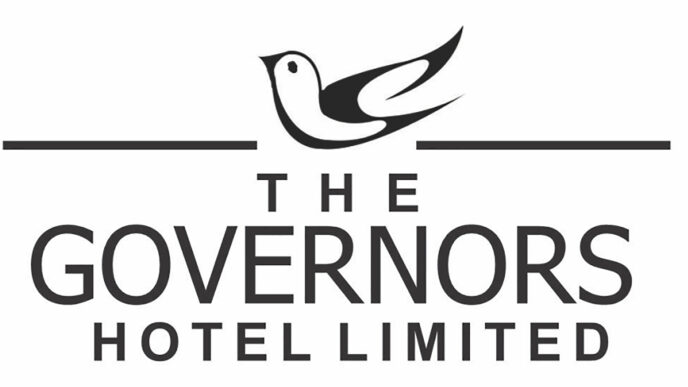Introduction:
Have you ever seen a plot of land listed at an attractive price and thought it was a bargain only to later discover that the “real” cost was far higher than advertised? If yes, you’re not alone.
Buying land in Nigeria is one of the smartest investments anyone can make. Land rarely depreciates; in fact, with urban expansion and population growth, its value often skyrockets. However, what many buyers fail to realize is that the sticker price is rarely the final cost. Hidden charges, statutory fees, agency commissions, and post-purchase expenses can inflate the real price by 15–25%.
This is why understanding the true cost of buying land in Nigeria is so important. If you go in unprepared, you could be blindsided by fees you never expected.
In this article, we’ll break down every hidden and visible cost that comes with buying land in Nigeria.
Why the Sticker Price Isn’t the Final Price
When you see land advertised for ₦8 million in Lagos, Abuja, Port Harcourt, or even in developing areas like Ibadan or Enugu, that figure only represents the base price. In reality, that’s just one piece of the puzzle.
Other unavoidable costs include; legal, survey, registration, agency, and inspection fees quickly push the total figure upward.
Add development levies and fencing expenses, and suddenly your ₦8 million land costs ₦9 million or more.
The problem is many agents and developers do not disclose these fees upfront. Sometimes it’s due to negligence, but often it’s a sales tactic: show buyers the lowest price possible to close the deal, then reveal the extras later.
What Are Hidden Charges in Nigerian Real Estate?
“Hidden charges” are costs not disclosed at the start of a property transaction. They usually show up during the documentation or post-purchase stage.
These charges often include:
- Survey Fees – To map out the land’s exact boundaries.
- Legal Fees – For drafting agreements and verifying ownership.
- Agency Commissions – Typically 5–10% of the land price.
- Development Levies – Costs for roads, drainage, fencing, and street lighting.
While some of these fees are legitimate statutory payments, they become “hidden” when not communicated early.
Agency Fees:
Real estate agents are vital in Nigeria’s property market. They help you find land, arrange inspections, and sometimes even negotiate with sellers. But their services come at a cost.
- Agency fees usually range from 5% to 10% of the property’s value.
- Some agents also charge an inspection fee, especially if the land is far from urban centers.
While this fee is normal, it’s important to clarify it upfront. For example, if you’re buying a ₦10 million plot, expect to budget another ₦500,000 to ₦1 million for agency fees alone.
Inspection Fees:
Inspection fees might sound minor, but they add up. Most agents or property owners request buyers to cover transportation and logistics for site visits.
- A single inspection can cost from ₦5,000 to ₦50,000, depending on distance.
- Multiple visits can quietly eat into your budget if you’re exploring several properties before deciding.
While inspection fees are often non-refundable, you can negotiate with the agent for discounts if you’re serious about buying.
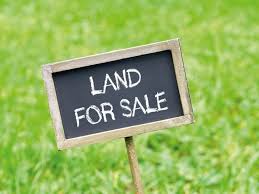
Due Diligence Fees:
In Nigeria’s property market, due diligence is not optional it’s survival. Too many buyers have lost millions to fraudsters because they skipped this vital step.
Due diligence involves hiring a lawyer or property expert to investigate the land’s history and legal standing. The goal is to confirm that:
- The seller is the rightful owner.
- The land is not under government acquisition.
- There are no existing disputes, liens, or mortgages.
- The land’s physical location matches the documents provided.
Typical due diligence costs range from ₦100,000 to ₦500,000, depending on the property’s complexity.
Documentation and Legal Fees:
Without proper documentation, you don’t own the land even if you’ve paid in full. Legal documentation secures your rights and prevents future disputes.
Key documents you must account for include:
- Deed of Assignment – Proves transfer of ownership from seller to buyer.
- Governor’s Consent – Validates the transaction under the Land Use Act.
- Certificate of Occupancy (C of O) – Confirms government recognition of ownership.
Legal fees for these documents vary but often range between 5% and 10% of the purchase price.
Survey Fees:
Survey plans establish the official boundaries of your land and prevent disputes with neighbors. In rapidly developing areas like Lekki, Ajah, or Abuja suburbs, surveys are critical because boundary disputes are common.
Licensed surveyors typically charge ₦150,000 to ₦500,000 depending on the land size and location. The survey is registered with the land registry and becomes part of your legal documents.
Development Levies:
One of the most common hidden costs in Nigerian real estate is the development levy. Developers often charge buyers fees to fund infrastructure like roads, drainage, electricity, and perimeter fencing.
- Development levies can range from ₦500,000 to ₦5 million, depending on the estate’s location and standard.
- The issue arises when buyers are not informed upfront, leaving them scrambling to raise additional funds after purchase.
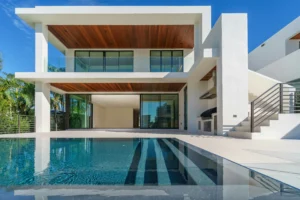
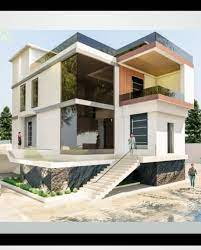
Post-Purchase Costs:
Buying land doesn’t end with receiving your documents. There are additional costs most buyers overlook:
1. Fencing and Security: Protects the land from encroachment and trespassers.
2. Land Clearing: Preparing the land for construction.
3. Construction Permits: If you plan to build, permits and designs add another layer of cost.
4. Community Fees: In some areas, local communities demand levies before allowing development.
Depending on your plans, these costs could add millions of naira to your total investment.
3 Proven Ways to Avoid Hidden Charges
To ensure transparency and keep your budget intact, here are tested strategies:
1. Buy from Trusted Real Estate Companies Offering Free Documentation such as (M.I. Okoro and Associates)
Some reputable developers include documentation in the selling price. This can save you 10–15% of costs.
2. Ask About Development Fees Upfront
Never assume the listed price is final. Demand a written breakdown of all fees.
3. Negotiate Discounts for Multiple Plots
If you’re buying in bulk, push for discounts on survey, documentation, or even agency fees.
Red Flags to Watch For
When buying land in Nigeria, avoid:
* Unregistered Developers: Always ask for CAC registration and approvals.
* Unclear Contracts: Every fee must be itemized in writing.
* Verbal Promises: Get everything documented; avoid handshake agreements.
Conclusion:
Buying land in Nigeria is one of the smartest investments you can make but only if you understand the true cost of ownership. Beyond the property’s sticker price, there are agency fees, due diligence checks, legal documentation, survey fees, development levies, and post-purchase costs that must be factored into your budget.
By working with professionals, asking the right questions, and demanding transparency, you can avoid unnecessary surprises and secure your investment with peace of mind.
So, when next you spot that “cheap” plot of land, ask yourself: What’s the true cost of this property?
